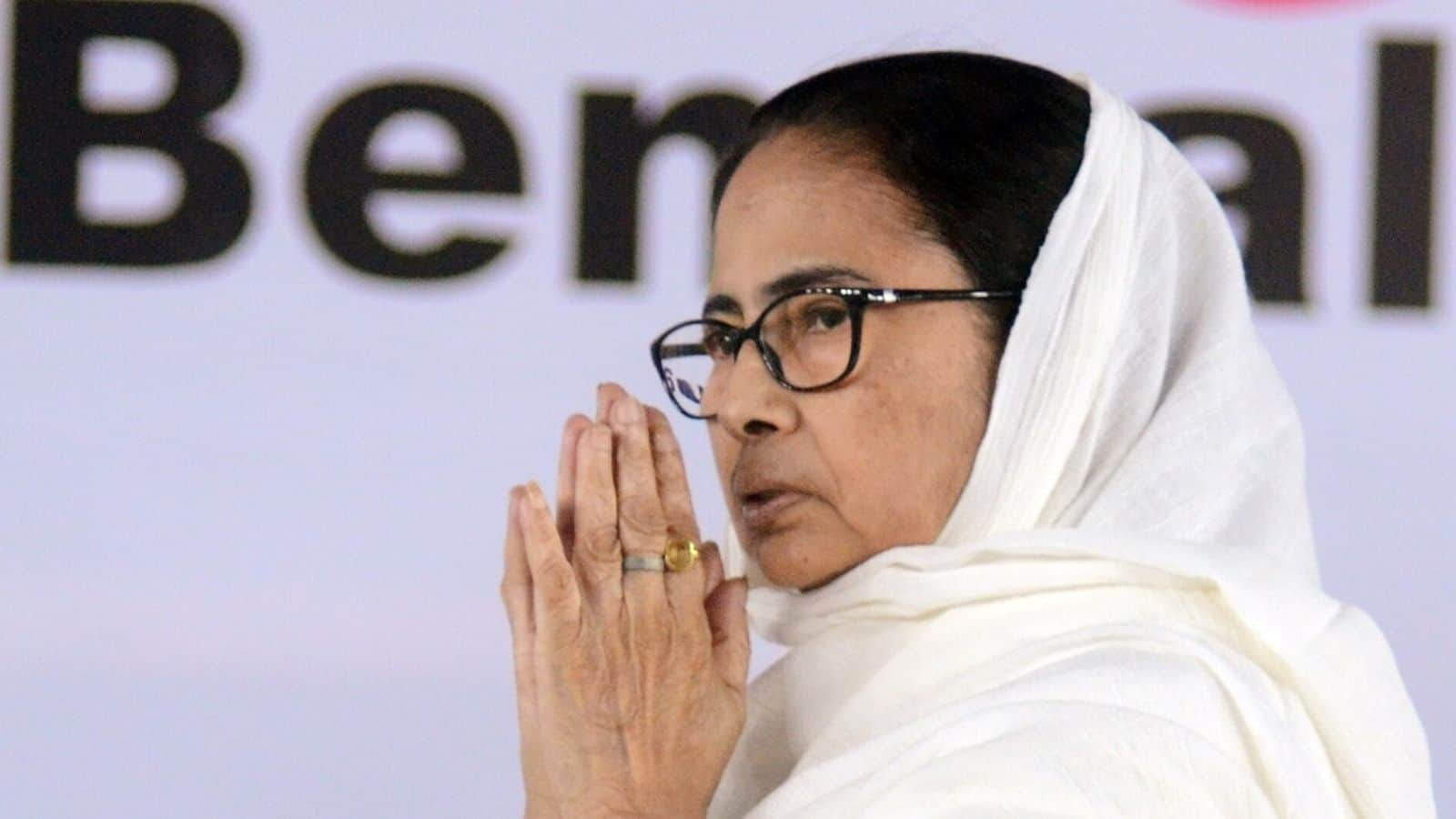
At Eid gathering, Mamata reiterates stance against CAA, NRC
What's the story
West Bengal Chief Minister Mamata Banerjee on Thursday reiterated that the state will not accept the Citizenship (Amendment) Act, 2019 (CAA), National Register of Citizens (NRC), and Uniform Civil Code.
The CM was speaking at an Eid prayer gathering in Kolkata.
She also cautioned the people present at the event not to fall prey to the plot of "some people" during elections.
Eid message
I want harmony in all religions: CM
According to ANI, the CM said, "It is the Eid of happiness. It is the Eid of giving strength. It is a big thing to observe this Eid by fasting for a month...We are ready to shed blood for the country but will not tolerate torture for the country."
"A uniform civil code is not acceptable. I want harmony in all religions. Your safety, your life," she added.
Past stance
Banerjee's past opposition to CAA and message of unity
"We will not accept the CAA, NRC, Uniform Civil Code... During elections, some people will try to engineer riots. Don't fall prey to the plot...If we live unitedly, nobody will be able to harm us," she added.
To recall, Banerjee had previously pledged against enforcing the CAA in the state.
She cautioned that seeking citizenship under the CAA would label individuals as foreigners, and she advised against doing so.
Shah's accusations
Union Home Minister accuses Banerjee of misinformation
Banerjee's statement comes a day after Union Home Minister Amit Shah's scathing attack on the Trinamool Congress supremo for allegedly "misleading" people on the CAA.
He also accused her of "facilitating" infiltrators for vote bank politics, emphasizing that refugees should apply for citizenship without apprehension.
Shah made the remarks at a rally in Balurghat in Bengal on Wednesday, ahead of Lok Sabha elections.
What is CAA
CAA rules notified in March
In March, the Centre implemented the CAA, 2019, notifying the rules four years after the law was passed by Parliament.
The law aims to expedite citizenship for undocumented non-Muslim migrants from Pakistan, Bangladesh, and Afghanistan who entered India before December 31, 2014.
According to the CAA, persecuted non-Muslim migrants—including Hindus, Sikhs, Jains, Buddhists, Parsis, and Christians—from these countries are eligible for Indian nationality if they arrived in India before December 31, 2014.